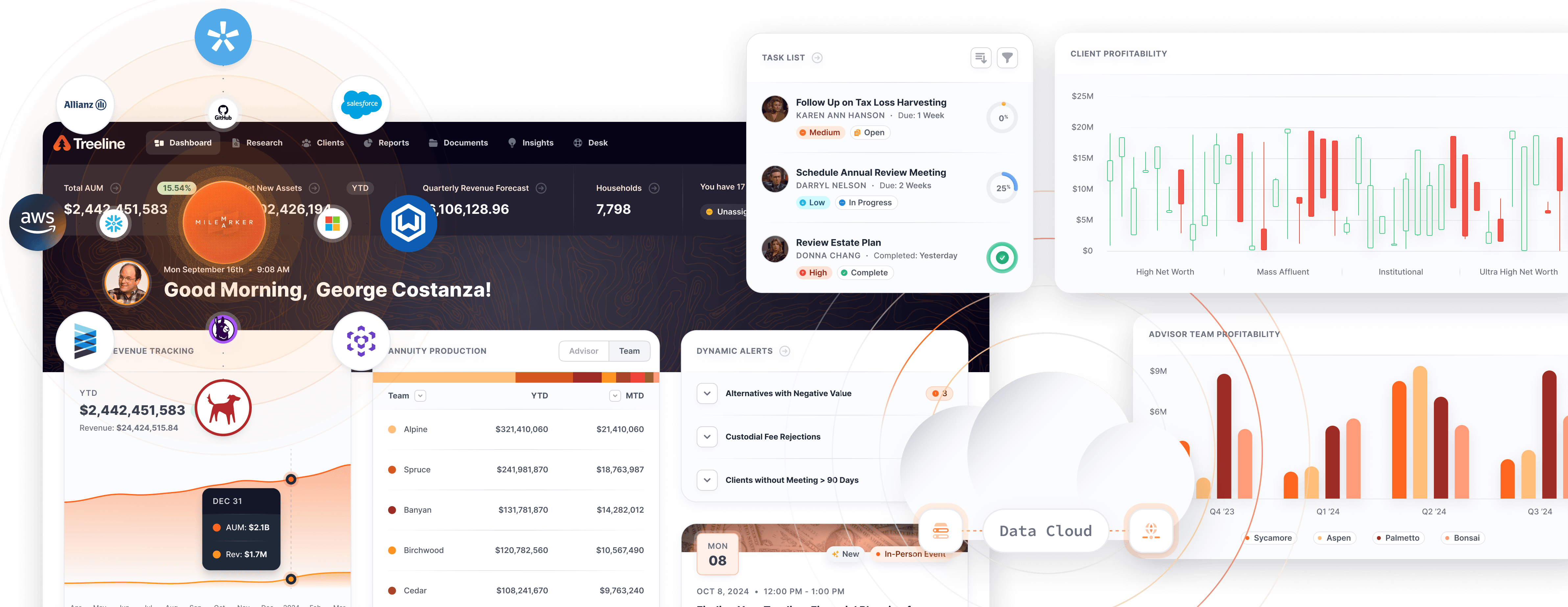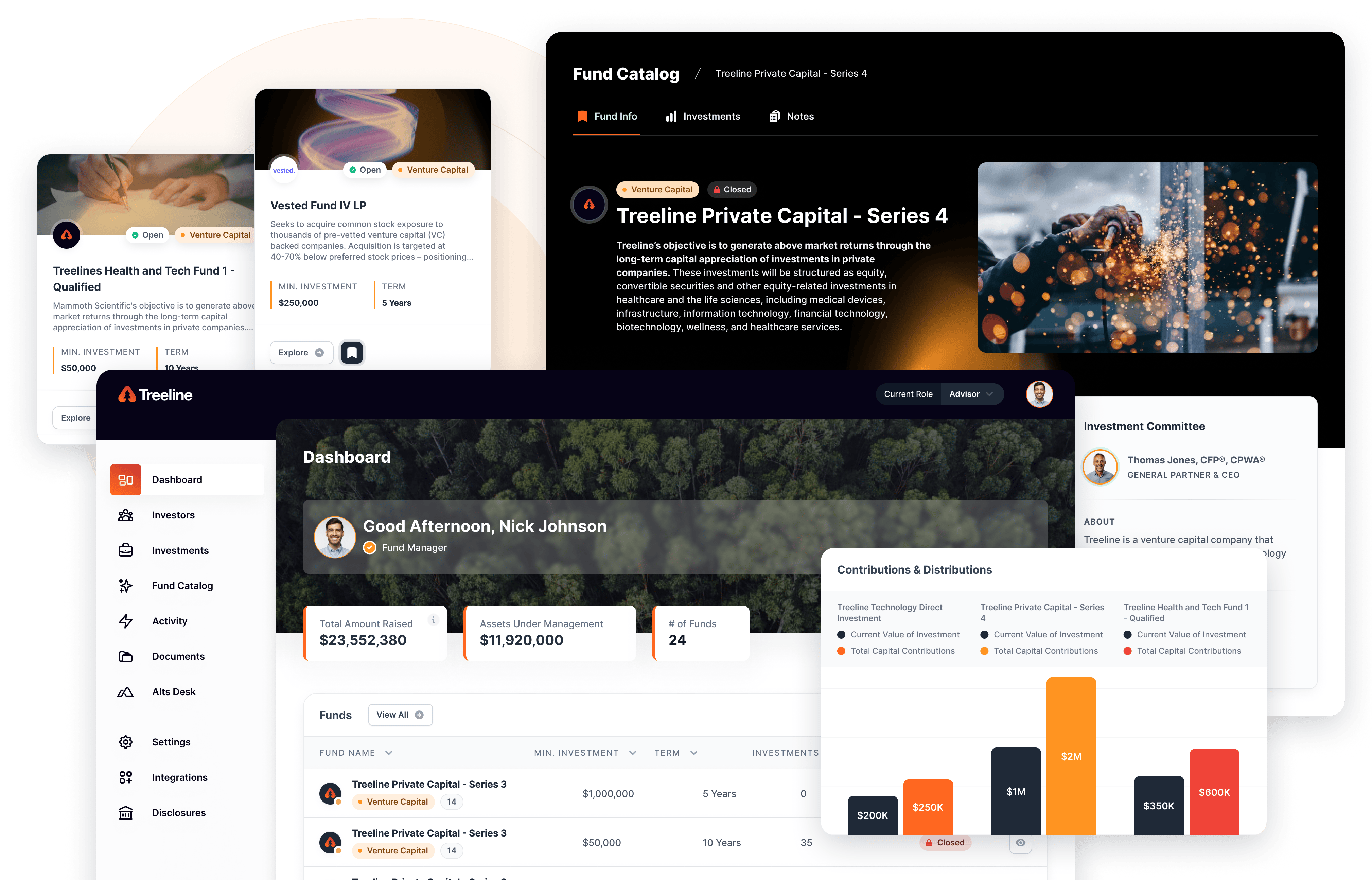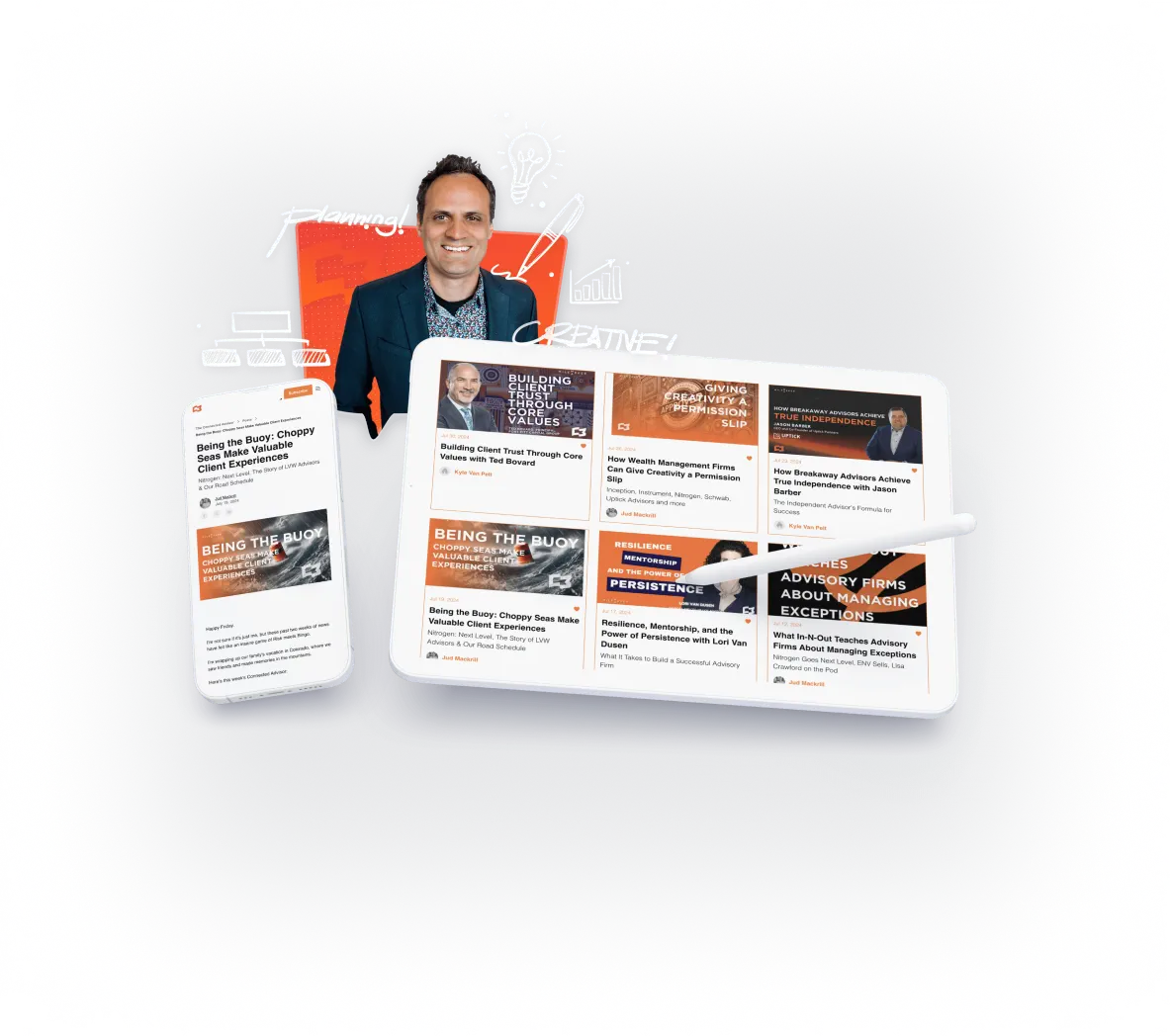What The Most Successful Advisors Will Borrow from Software Engineers in the Months and Years Ahead

The concept of Git has been around for over 20 years.
Git is a method for tracking changes in source code during software development. It allows multiple developers to collaborate on projects efficiently.
At Milemarker, we’re very familiar with Git.
Our software developers utilize Git to foster collaboration, facilitate contributions, manage versioning, and track progress throughout the software development process.
Before I bore you with technical details, let me explain my theory about how the development of Git is similar to how clients will evaluate your performance in the future.
The currency of clients often rests in the concept of, “What have you done for me lately?”
Perhaps this is true of younger clients, and I know it’s definitely true with the generational wealth transfer.
Having just gone through this personally, it’s easy to approach our parents’ advisor with a pretty skeptical mindset.
What have you done for my father lately?
Show me.
Tell me.
Demonstrate your value.
Show your receipts.
In GitHub, where our engineers live, they are constantly contributing code and giving me clear proof of work – evidence of the exact work taking place and how that work is contributing to the goals of our project as a whole.
Github Contributions from one of our Milemarker Engineers
As we recruit more engineers and rearrange who works on which projects, it’s easy for me to review each individual’s work. I can also get a clear picture of how proficient that person is with various frameworks, allowing me to decide who should spend their time where.
What would this look like for your client experience today?
You probably have some receipts, but how well can you start to put it all together?
Many of our firms are diverse in the services provided, yet our communication is often very tactical and packaged.
Your clients are receiving notifications and alerts from all sorts of meaningless stuff; how can and should your firm start to move toward showing your work so they can grasp the true value you provide?
Here are a few tips:
1. Identify the things that are actually most important to your clients. Is it taxes? Cash planning? Purchase planning? Something else?
2. Replace your generic off-the-shelf content with something that is from your team. If time is an issue, have a team like Turncast help you create and manage a podcast that takes your one message and packages it into dozens of usable messages you can send to clients, COIs, and prospects.
3. Take a long, hard look at your client experience to determine if it is a communication platform.
4. Find a way to start monitoring all client interactions so you can confidently demonstrate what you have done for your clients lately.
How are you already on your way on some of these items?















